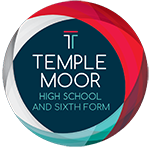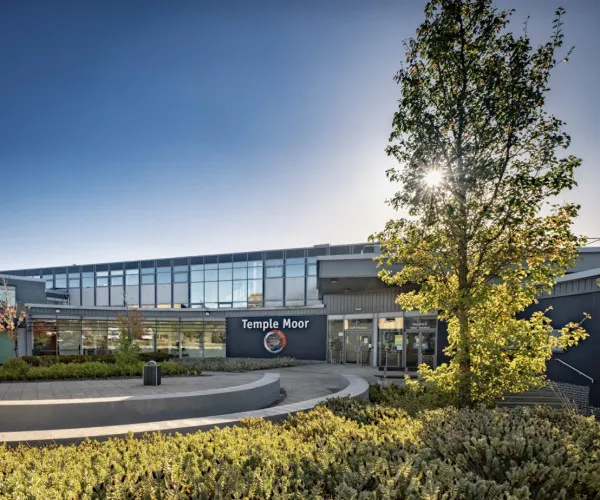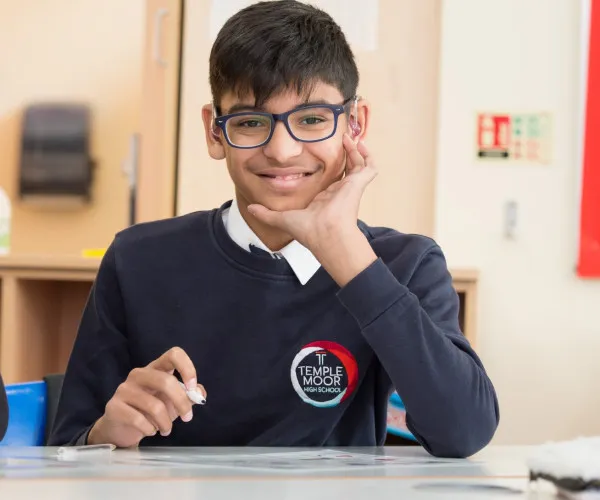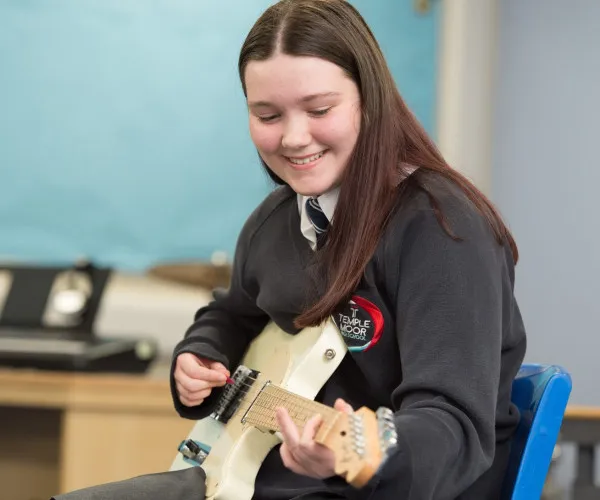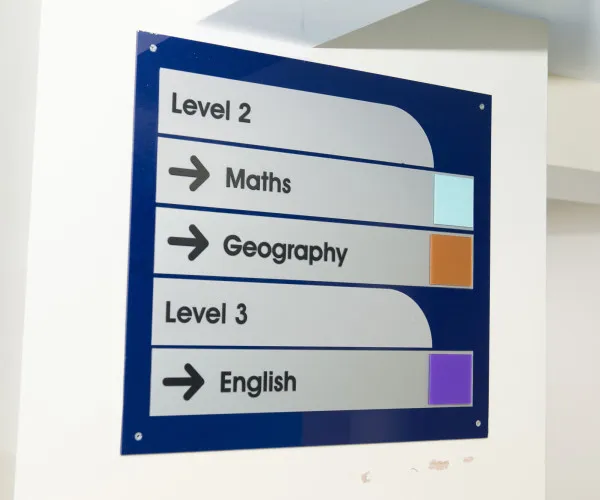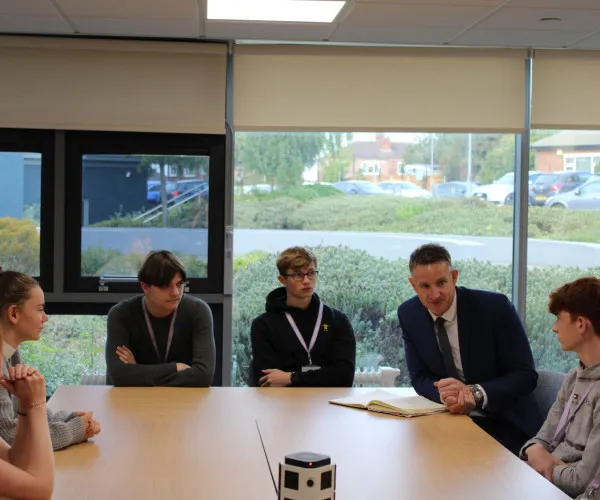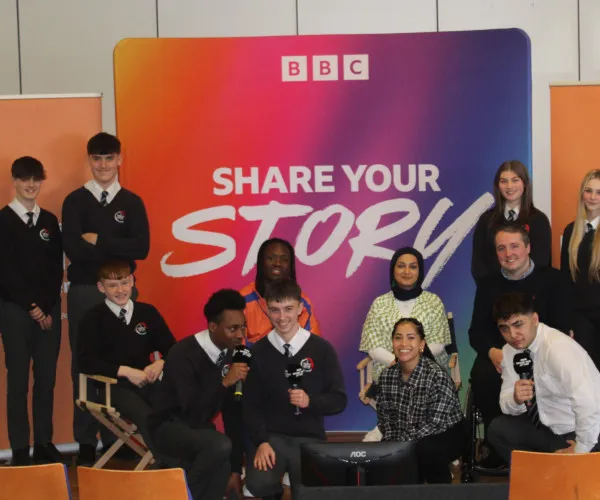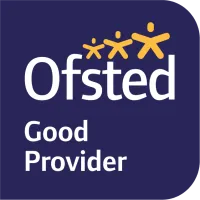- Curriculum
- Assessment
- Form Time
- British Values & Preventing Radicalisation
- Curriculum Subjects
- Art Curriculum
- Business Studies Curriculum
- Communication Curriculum
- Criminology Curriculum
- Design & Technology Curriculum
- English Curriculum
- Geography Curriculum
- Graphic Design Curriculum
- History Curriculum
- ICT Curriculum
- Law Curriculum
- Mathematics Curriculum
- Modern Foreign Languages Curriculum
- Performing Arts Curriculum
- Personal & Character Development
- Photography Curriculum
- Physical Education Curriculum
- Psychology Curriculum
- Read to Succeed
- Religious Education Curriculum
- Science Curriculum
- Sociology Curriculum
- Learning Qualities & Values
- The Options Process
- Supported Study and Revision
Art Curriculum
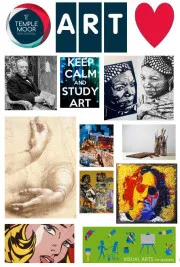 Subject aim
Subject aim
The Art curriculum is designed to provide all learners with the knowledge and competencies needed to be creative, independent and with an ability to articulate their learning. The curriculum has been planned and sequenced to allow learners to be challenged, knowing more and remembering more by revisiting tasks through each key stage. Schemes of work have been developed that fully utilise both traditional and digital art competencies, developing students’ understanding of art’s role throughout history, culture and the wealth of the nation. Ultimately, the knowledge and competencies learnt throughout each key stage will equip students for future learning and employment.
Details about Art curriculum structure
The curriculum is planned and sequenced so that knowledge and competencies are continually revisited and improved upon. Learners develop the ability to navigate through each key stage and make progress in order to fully equip them for Post-16 education and their future employment choices.
What will students study in Art?
Key Stage 3
Year 7
Students study three different subjects: Fine Art, Graphic Design and Photography. Learners study a variety of artists in depth, including the work of 19th century post-impressionist painter Henri Rousseau. They then go on to relate his work to their own lives through areas such as conservation, deforestation and Tropical World, Roundhay. Students produce pieces of extended writing, learn about colour theory, composition, different drawing styles and software such as Adobe Photoshop and Microsoft.
Year 8
Students continue to develop their knowledge and competences in Fine Art, Graphic Design and Photography. Learners study a variety of artists in depth, such as South African portrait artist Lionel Smit in order to comprehend how art is used to communicate ideas in topics such as identity, commonality, racial diversity and the environment. Learners produce pieces of extended writing, learn about the mathematical proportions of a face, composition, using different creative materials and digital photography.
Year 9
Students strengthen their knowledge and competences in Fine Art, Graphic Design and Photography. Learners use art to study topics such as the cultural and ethnic diversity of Leeds and the importance of equality. Students will select and research appropriate artists to study in order to inform their learning journey, using a variety of both historic and contemporary artists. Again, learners will use a wide range of traditional and digital artistic techniques.
Key Stage 4
Year 10
Students produce pieces of extended writing and further develop their proficiency when using a variety of digital and traditional artistic techniques. Learners use the work of a variety of historic and contemporary artists to develop their own ideas, refine their work, record ideas and produce personal and meaningful outcomes.
Y11
Leaners complete their portfolio of work, before embarking upon their externally set assignment in the January of their final Key Stage 4 year.
Key Stage 5
Year 12
The Fine Art course involves learners embarking upon a personal investigation, deciding upon their own starting points to create innovative pieces of artwork, using traditional and digital media. The art that is produced could be used as a form of self-expression, inform an audience, provoke a reaction or potentially be for commercial purposes.
Year 13
The first term continues the themes from Year 12. Learners then embark upon their externally set assignment in the February of their final Key Stage 5 year.
Qualifications which we offer at KS4 and KS5 (including links)
Enrichment and extra-curricular opportunities in the subject
The Art department runs off-site trips to venues such as Yorkshire Sculpture Park, Beckett Arts University Faculty, Hepworth Art Gallery and various Post-18 providers in creative degree courses. We also offer after-school clubs to all year groups and support sessions for Y11 and Y13.
Where could this subject ultimately take you?
Individuals who are creative, lateral-thinking problem solvers are in very high demand within industry. There are over 3 million creative jobs in the UK alone, and Leeds is a big hub for these careers. Commercial art areas, including graphic design, games design, advertising, media and design using new technologies, are undergoing unprecedented growth. Creativity has an instant world-wide market. In any future pathway, creative or not, Art impresses employers in regards to competencies, a strong work ethic and the commitment that is required. In the Art department, our team ensures that students develop creativity, as well as transferable competencies and a clear pathway towards achieving outstanding grades.
Links to other sites which support study in our subject
Contact details to find out more about our curriculum
- Curriculum
- Assessment
- Form Time
- British Values & Preventing Radicalisation
- Curriculum Subjects
- Art Curriculum
- Business Studies Curriculum
- Communication Curriculum
- Criminology Curriculum
- Design & Technology Curriculum
- English Curriculum
- Geography Curriculum
- Graphic Design Curriculum
- History Curriculum
- ICT Curriculum
- Law Curriculum
- Mathematics Curriculum
- Modern Foreign Languages Curriculum
- Performing Arts Curriculum
- Personal & Character Development
- Photography Curriculum
- Physical Education Curriculum
- Psychology Curriculum
- Read to Succeed
- Religious Education Curriculum
- Science Curriculum
- Sociology Curriculum
- Learning Qualities & Values
- The Options Process
- Supported Study and Revision
